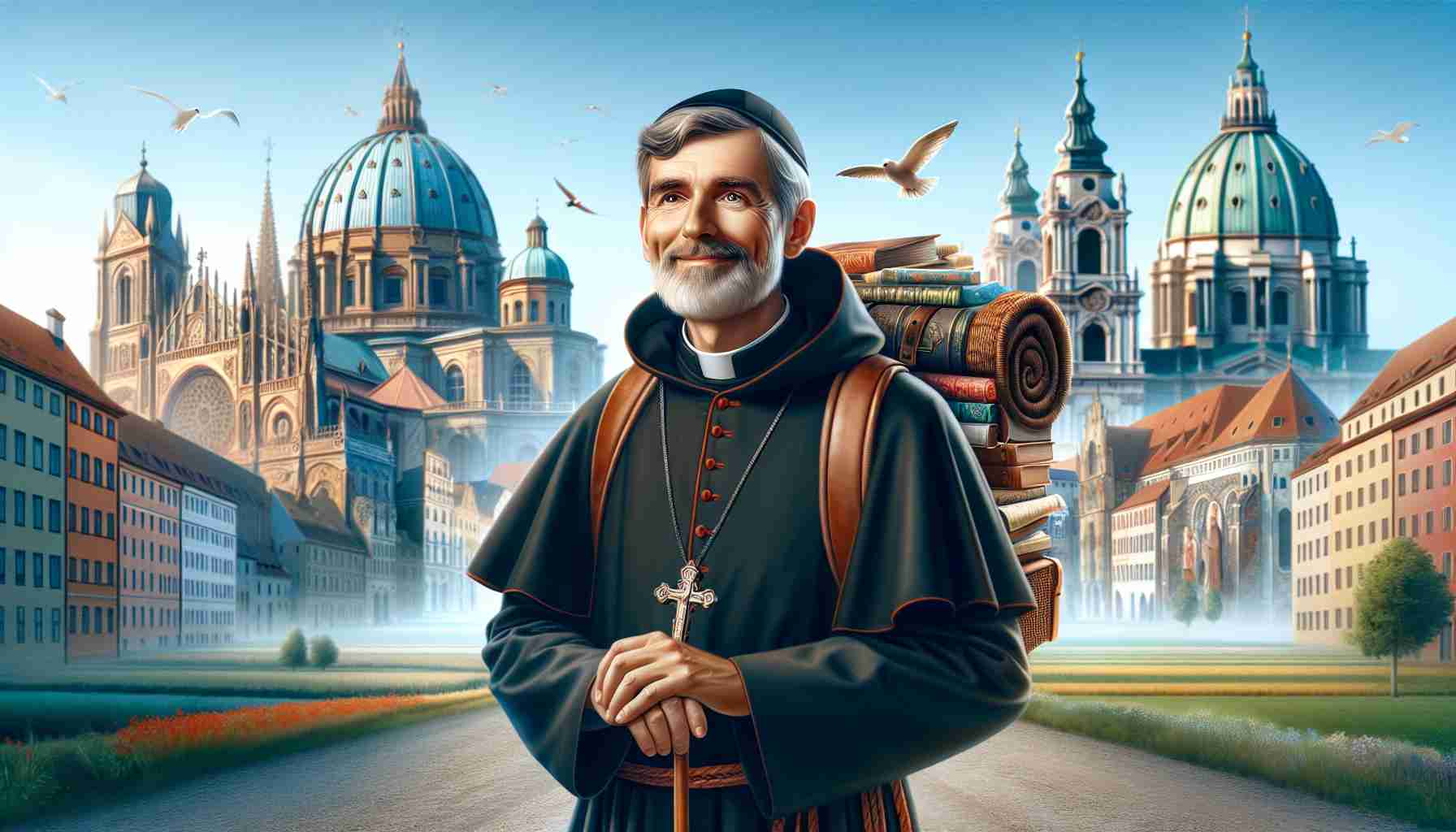
Pope Francis Embarks on Innovative European Tour
Pope Francis embarked on a groundbreaking four-day tour to Luxembourg and Belgium, marking a significant departure from his traditional visits. Despite overlooking larger European countries like Germany, the United Kingdom, and Spain, the Pontiff chose to visit unconventional locations within Europe, embracing a unique approach.
Unique Destination Selection surprised many as Pope Francis opted for Luxembourg and Belgium, with a special stop at the Luxembourger cardinal Jean-Claude Hollerich. This gesture served as a personal tribute to their shared Jesuit background and close collaboration in the church’s reforms.
Visit to Belgium is centered around the upcoming 600th anniversary of the founding of the Catholic University of Leuven in 2025. The Pope’s discussions at the university will extend beyond traditional topics, focusing on migration, climate, and the environment, reflecting a shift in priorities from the Church’s historical roots.
Challenges of Secularization and Abuse Scandals Pope Francis faces a secularized Belgium with a diminished Catholic following and lingering aversion due to past abuse scandals. Despite efforts to address these issues, public sentiment remains tepid, particularly in Flanders, highlighting the significant challenges ahead.
Modernizing Church Practices Belgian bishops exhibit genuine enthusiasm for modernizing the Church, advocating for discussions on celibacy, women’s roles, and even attempting to introduce liturgical practices for blessing same-sex couples, despite facing opposition from the Vatican.
Public Engagement and Anticipation Scheduled public appearances and a concluding mass at Brussels’ stadium have generated considerable excitement among the populace. The rapid ticket sales for the event underscore the anticipation surrounding Pope Francis’ visit, signaling a willingness to engage with his innovative approach.
Pope Francis’ Innovative European Tour Unveils New Perspectives
As Pope Francis continues his unconventional tour through Luxembourg and Belgium, new insights and questions arise surrounding this groundbreaking journey. Let’s delve into some key aspects that shed light on the significance of this tour.
Why Luxembourg and Belgium?
The Pontiff’s decision to visit Luxembourg and Belgium, while bypassing larger European nations, highlights his emphasis on forging personal connections and fostering collaboration. The unique selection of destinations reflects Pope Francis’ desire to engage with diverse communities and address specific challenges that may be overlooked in more prominent countries.
Addressing Controversies and Challenges
Amid Pope Francis’ visit to Belgium, the challenges of secularization and abuse scandals loom large. How will the Pontiff navigate the complexities of a country grappling with a shifting religious landscape and historical grievances? The ongoing dialogue on modernizing Church practices, including discussions on celibacy, women’s roles, and LGBTQ+ issues, adds another layer of controversy to his tour.
Advantages of an Innovative Approach
By deviating from the conventional itinerary, Pope Francis opens up avenues for fresh dialogue and engagement. His focus on pressing global issues such as migration, climate change, and social justice during discussions at the Catholic University of Leuven underscores a commitment to relevance and adaptability. The public’s enthusiastic response to his visit signals a readiness to embrace a more progressive vision for the Church.
Disadvantages and Opposition
While Pope Francis’ approach may resonate with many, it also invites criticism and opposition, particularly from more conservative factions within the Church. The push for reforms and inclusivity could encounter resistance from traditionalists, risking internal divisions and controversies. Balancing innovation with the preservation of core beliefs remains a delicate challenge for the Pontiff.
Looking Ahead
As Pope Francis’ tour progresses, the impact of his interactions and messages in Luxembourg and Belgium will reverberate beyond this momentous occasion. The questions raised, challenges faced, and the responses elicited will shape the narrative of this innovative European tour and its implications for the future of the Catholic Church.
For more insights on Pope Francis’ initiatives and global engagements, visit the official Vatican website.

















